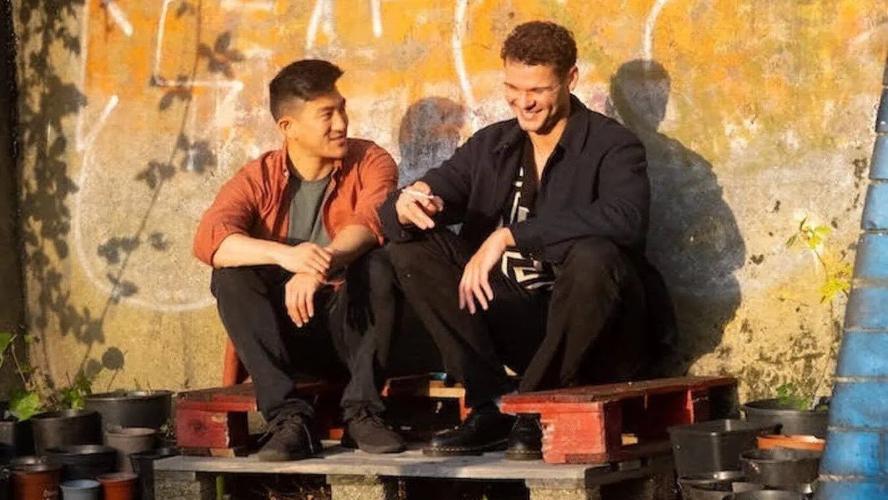Blake (Brian Law) and Dan (Yannick Budd) meet after a gay play. They go to Soho for some drinks but at the end of the night, Dan rejects Blake and they don’t exchange numbers. One year later they meet again at a chemsex party, hosted by Lukas (Liam Scanlon) in his fancy Bermondsey flat. With alcohol and drugs, all pretences fall away and the two can tell each other their truth.
“Are gay men capable of love?” says the poster of the play.
For sure, London and its gay-centric industries such as fashion, art and theatre have always been a gay magnet, attracting men from other UK cities as well as other counties and the wider world and it is arguably Europe's unofficial gay capital. But is it easy to find a partner? It doesn’t seem so.
Dating apps like Grindr or Scruff give access to hundreds of gay profiles and they are mainly used for casual sex. Using sex provides a kind of intimacy and masks loneliness. Still, many gay people – even with social media and apps – feel lonelier than ever. Everything is so easy: you can be at home, watch a movie and at the same time message on these apps but are our phones pushing us into the corner of a virtual reality? A reality where investing time in actually getting to know someone and even meeting him face to face seems scary, inconvenient, and uncool? And why should I focus in someone – even if attractive and interesting – if there is a never-ending line of potential matches in my phone? It takes effort to know someone, it is easier to meet and ghost. And, unfortunately, loneliness is strictly connected with depression and alcohol and substance misuse.
The play, directed by Laura Rinati, billed as an examination of the beauty and the challenge of being gay in post-pandemic London, trauma, substance misuse and love, doesn’t really address the issues mentioned. In the first act, the two engage in an insubstantial conversation, and in the second, they find themselves in the “safehouse”, the chemsex party (!). The tone here is consistently broad and loud, nuance has been abandoned. The behaviour becomes increasingly worse, escalating to verbal and physical violence until the moment of healing arrives.
The idea of Safehouse is a good one, with potentially plenty to get your teeth into and delve deeper into. The problem is, it doesn’t do that. The characters are not particularly likeable. The conversations get very melodramatic at times but without sufficient context, and too many lines are left simply hanging.
Whether it’s supposed to be a comedy or not, Safehouse certainly does have some funny moments which make it an enjoyable play with a talented cast.

